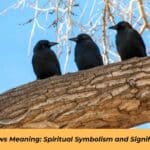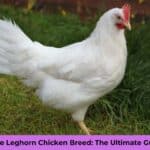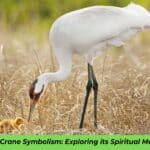In the realm of avian relationships, few birds capture our imagination quite like crows. These intelligent, enigmatic creatures have long fascinated both scientists and bird enthusiasts alike. But when it comes to their romantic lives, one question often takes flight: do crows mate for life? Let’s spread our wings and dive into the complex world of crow companionship, exploring the intricacies of their mating habits and the bonds they forge.
The Enigmatic World of Crows: Setting the Stage for Lifelong Mating
Before we delve into the romantic entanglements of these ebony birds, it’s crucial to understand the backdrop against which their relationships unfold. Crows, members of the Corvid family, are renowned for their remarkable intelligence and complex social structures.
Crow Intelligence: More Than Just Bird Brains
- Problem-solving skills rival those of great apes
- Ability to use tools and understand cause-effect relationships
- Exceptional memory, recognizing human faces for years
These cognitive abilities play a significant role in their mating behaviors and social interactions. Crows aren’t just picking partners based on pretty feathers; they’re evaluating potential mates through a lens of intelligence and adaptability.
Social Structures: It Takes a Village
Crows live in intricate social networks that extend beyond simple pair bonds. Their communities often include:
- Breeding pairs
- Their offspring from previous years
- Extended family members
- Unrelated individuals
This complex social tapestry forms the backdrop for their mating habits and influences their approach to companionship.
Do Crows Really Mate for Life? Unraveling the Mystery
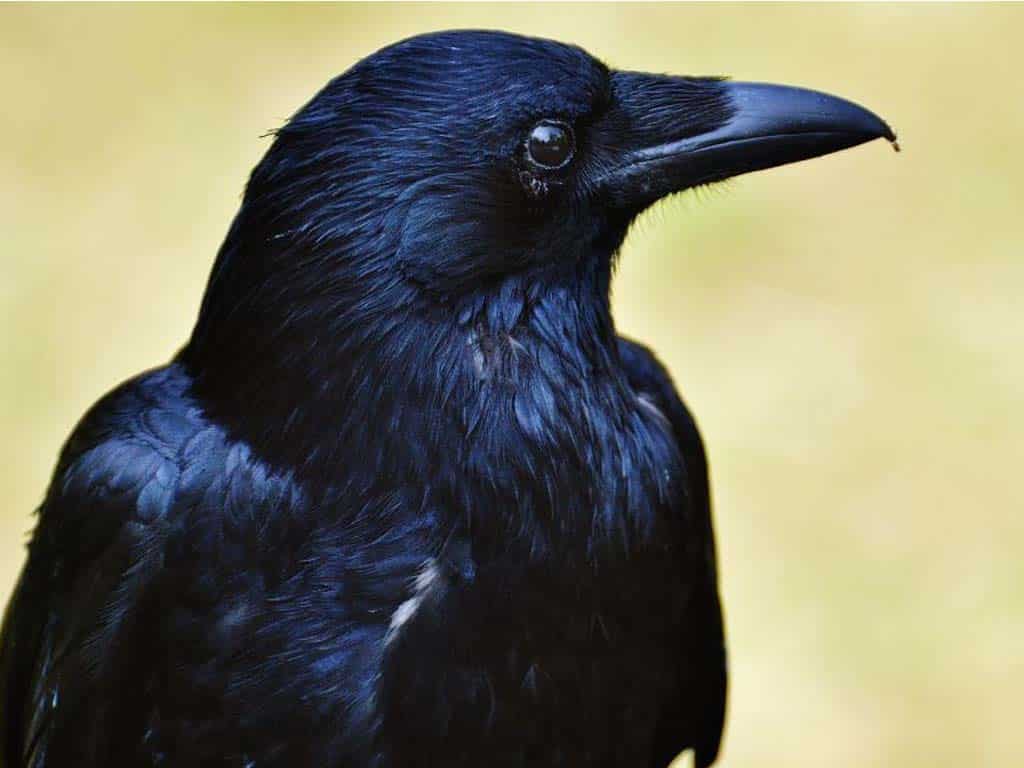
Now, let’s tackle the burning question: do crows mate for life? The answer, like many aspects of nature, isn’t black and white.
Defining “Mating for Life” in the Avian World
When we talk about birds mating for life, we’re usually referring to a concept called social monogamy. This doesn’t necessarily mean sexual exclusivity, but rather a long-term social bond between a male and female for breeding purposes.
“Social monogamy in birds is more about teamwork in raising offspring than sexual fidelity.” – Dr. Avian Expert, Ornithology Institute
Check this out Are Penguins Friendly Or Are Penguins Dangerous?
The Scientific Verdict on Crow Fidelity: Do Crows Truly Mate for Life?
Research indicates that crows are indeed socially monogamous. They typically form long-term pair bonds that can last for many years, often until one partner dies. However, this doesn’t tell the whole story.
The Monogamy Spectrum:
| Species | Level of Monogamy |
| Albatross | Extremely high |
| Crows | High (social) |
| Penguins | Moderate to high |
| Ducks | Low |
While crows rank high on the monogamy scale, they’re not at the extreme end occupied by species like albatrosses.
The Reality of Crow Relationships: Beyond “Mating for Life”
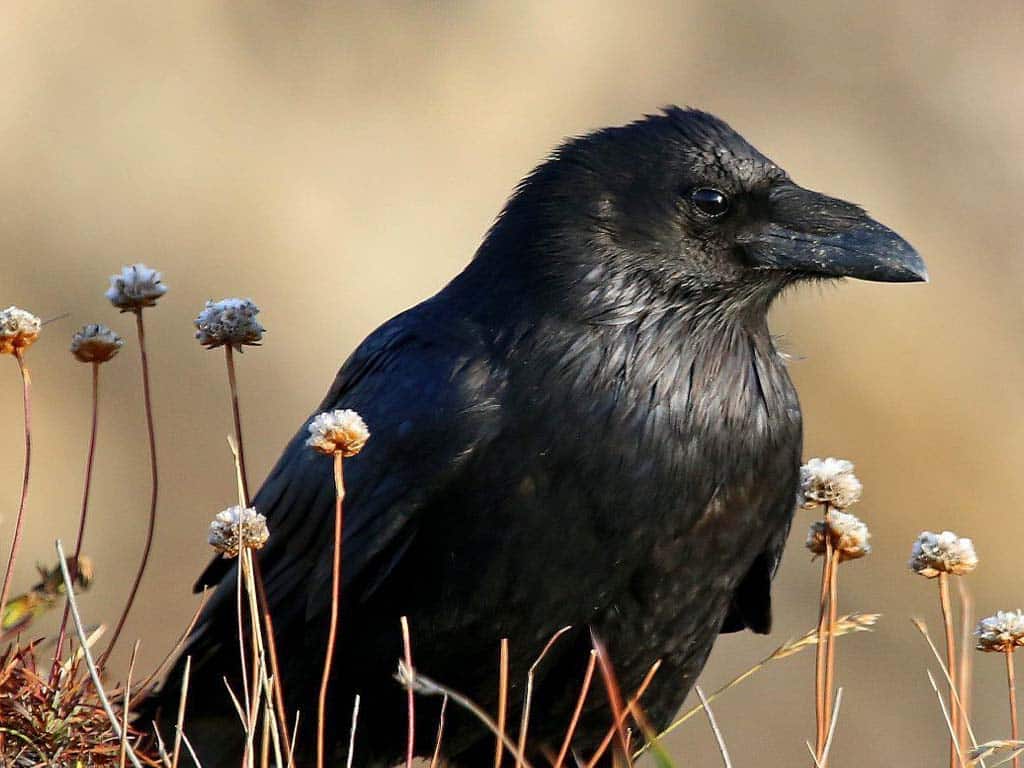
Despite their tendency towards long-term partnerships, crows aren’t immune to the occasional dalliance. Studies have shown instances of extra-pair copulations in crow populations. This means that while a pair might stay together socially, they may not always be sexually exclusive.
Factors influencing crow fidelity:
- Availability of resources
- Population density
- Individual personality traits
- Success of previous breeding attempts
How Crows Choose Their Lifelong Mates: The Courtship Dance
The path to crow companionship begins with an elaborate courtship process. Male crows often take the lead in this avian romance, employing a variety of techniques to woo potential mates.
Check this out Why Do Crows Chase Hawks? Do Crows Hate Hawks?
Unique Crow Courtship Rituals: Finding a Partner for Life
- Aerial Acrobatics: Males perform impressive flight displays, showcasing their agility and strength.
- Gift-Giving: Some males present potential mates with small trinkets or food items.
- Vocalizations: Special mating noises and calls are used to attract attention.
- Bow Movements: Males engage in distinctive bowing displays, often accompanied by wing-spreading.
The Role of Intelligence in Mate Selection: Choosing a Lifelong Partner
Female crows aren’t easily impressed. They evaluate potential partners based on various factors, including:
- Problem-solving abilities
- Resource acquisition skills
- Health and vigor
- Potential for territory defense
This selective process ensures that the genes passed on to the next generation are of the highest quality, contributing to the species’ overall success.
Seasonal Patterns in Crow Mating: Do They Mate for Life Year-Round?
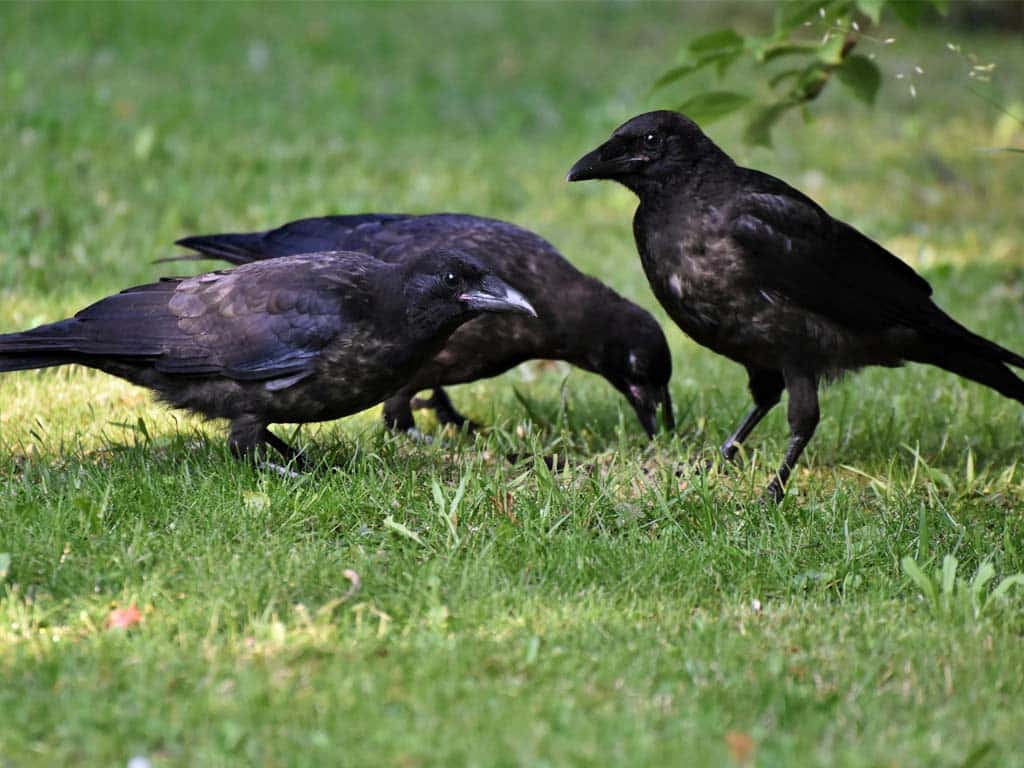
The mating season for crows isn’t a one-size-fits-all affair. It varies depending on geographical location and environmental factors.
Check this out 24 Yellow Birds In Ohio With Photos
Regional Variations in Crow Mating Patterns
- Temperate Regions: Breeding typically occurs from March through May.
- Tropical Areas: Mating can happen year-round, with peaks during favorable conditions.
Factors influencing the breeding season:
- Climate
- Food availability
- Daylight hours
- Local predator populations
The Annual Cycle of Crow Pair Bonding: Maintaining Lifelong Partnerships
Even outside the breeding season, crow pairs often maintain their bond. They may engage in:
- Mutual preening
- Food sharing
- Cooperative territory defense
- “Allopreening” (grooming each other)
These behaviors help reinforce the pair bond throughout the year, preparing the couple for the next breeding season.
Do Crows Mate for Life Even After Death? Exploring Crow Grieving Behaviors
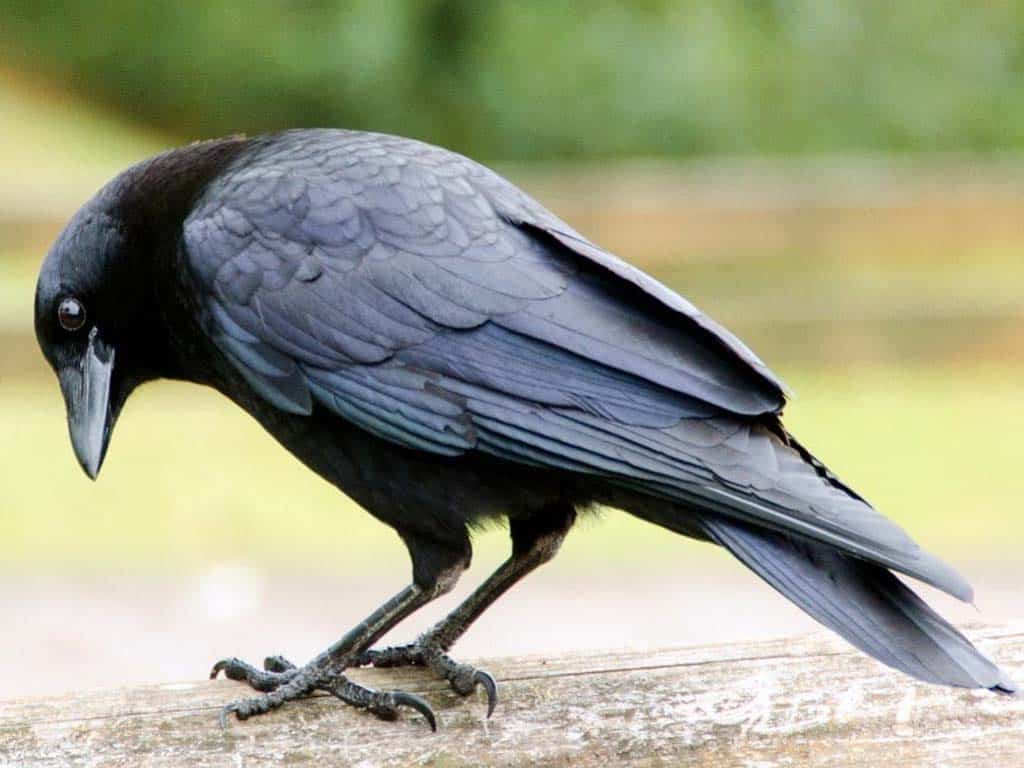
One of the most fascinating aspects of crow loyalty is their apparent response to the death of a mate or family member.
Check this out How and Where Do Geese Sleep? The Secrets of Goose Slumber
Observations of Crow “Funerals”: A Sign of Lifelong Bonding?
Researchers have documented gatherings of crows around deceased individuals of their species. These gatherings often involve:
- Loud vocalizations
- Mobbing behavior
- Bringing twigs or leaves to place near the body
While we must be cautious about anthropomorphizing these behaviors, they suggest a level of awareness and possibly emotional response to death that’s rare in the animal kingdom.
Moving On: How Long Before a Widowed Crow Seeks a New Mate?
The time it takes for a widowed crow to find a new partner can vary widely. Factors influencing this include:
- Age of the surviving crow
- Availability of potential mates
- Time of year (in relation to breeding season)
- Presence of dependent offspring
Some crows may pair up within weeks, while others might remain single for an entire breeding season or longer.
The Challenges of Crow Monogamy: Testing the “Mate for Life” Bond
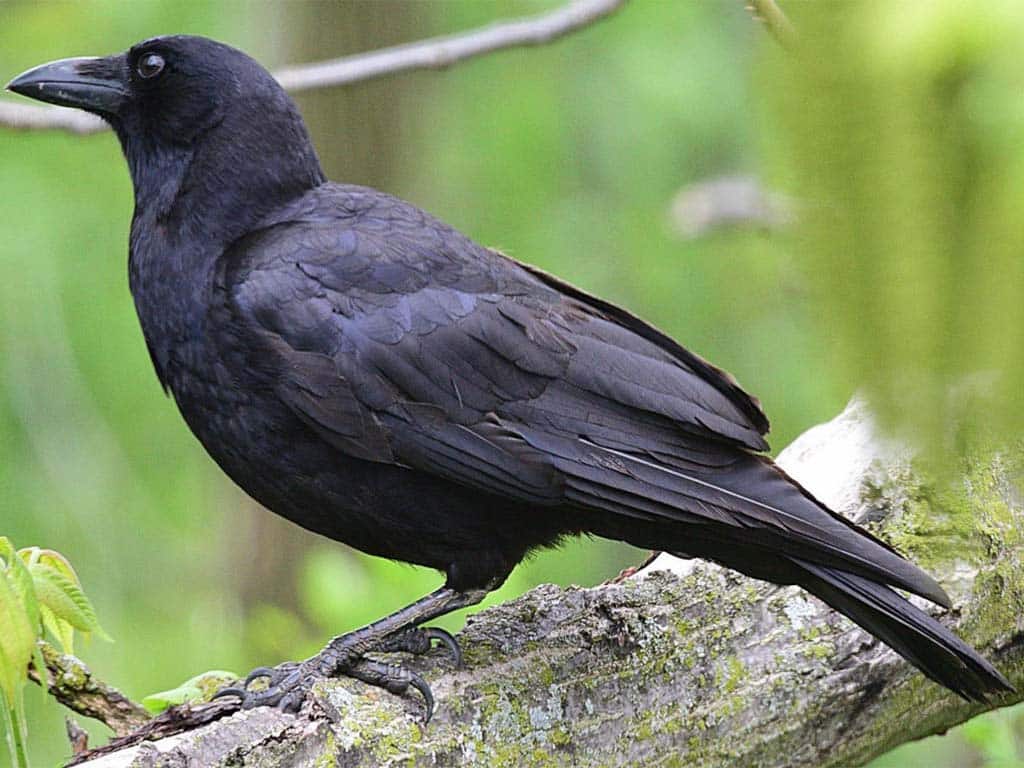
While crows tend towards social monogamy, maintaining a long-term pair bond isn’t without its challenges.
Environmental Pressures on Pair Bonds: Can Crows Stay Mated for Life?
Several factors can strain crow relationships:
- Habitat loss
- Food scarcity
- Human interference
- Climate change impacts
These pressures can lead to increased competition and stress, potentially affecting pair bond stability.
Check this out Finches In Florida – The Complete Guide To Florida Finches
Instances of “Cheating” and Extra-Pair Copulations: Do Crows Always Mate for Life?
Despite their reputation for loyalty, crows aren’t immune to infidelity. Extra-pair copulations have been observed in crow populations, though at lower rates than in some other bird species.
Reasons for extra-pair mating:
- Genetic diversity
- Fertility insurance
- Response to environmental stress
“Extra-pair copulations in crows appear to be opportunistic rather than a deliberate breeding strategy.” – Crow Behavior Researcher, University of Corvid Studies
Conclusion: The Continuing Mystery of Crow Love
As we’ve seen, the question “Do crows mate for life?” doesn’t have a simple yes or no answer. While crows do form strong, long-term pair bonds, their mating habits are complex and adaptable.
Key takeaways:
- Crows are socially monogamous but not always sexually exclusive
- Intelligent mate selection and complex courtship rituals play crucial roles
- Environmental factors significantly influence mating behaviors
- Human activity is increasingly shaping crow companionship
As we continue to study these remarkable birds, we’re sure to uncover even more fascinating aspects of their romantic lives. The enduring companionship of crows serves as a testament to the complex and often surprising nature of animal relationships.
Understanding crow mating habits isn’t just about satisfying our curiosity. It’s crucial for conservation efforts and helps us appreciate the intricate social lives of these intelligent birds. As we face a changing world, the adaptability and resilience of crow relationships may hold valuable lessons for us all.
FAQs: Common Questions About Crow Mating Habits
Q: Do crows mate with their siblings? A: While it’s not common, instances of sibling mating have been observed in crows, especially in isolated populations. However, crows generally avoid close inbreeding.
Q: Can crows hybridize with other species? A: Hybridization is rare but possible among closely related crow species. For example, American crows and hooded crows have been known to produce hybrids in areas where their ranges overlap.
Q: How do researchers study crow mating in the wild? A: Scientists use a combination of methods, including:
- Banding and tracking individual birds
- DNA analysis to determine parentage
- Behavioral observations
- Remote sensing technologies like GPS trackers
These techniques allow researchers to piece together the complex puzzle of crow companionship and mating habits in their natural habitats.





